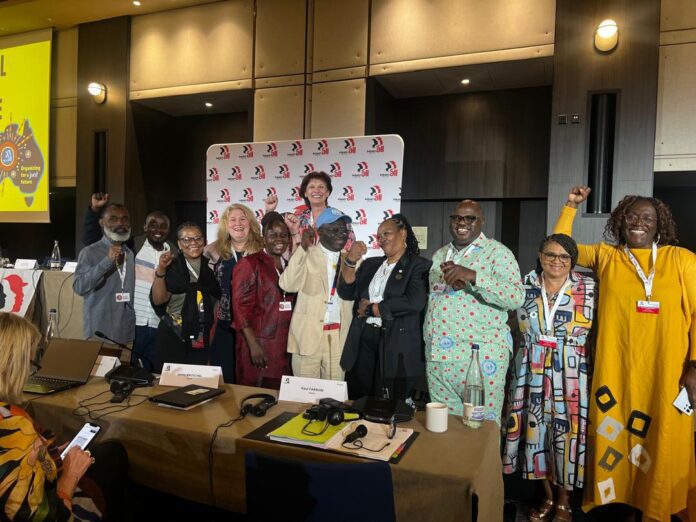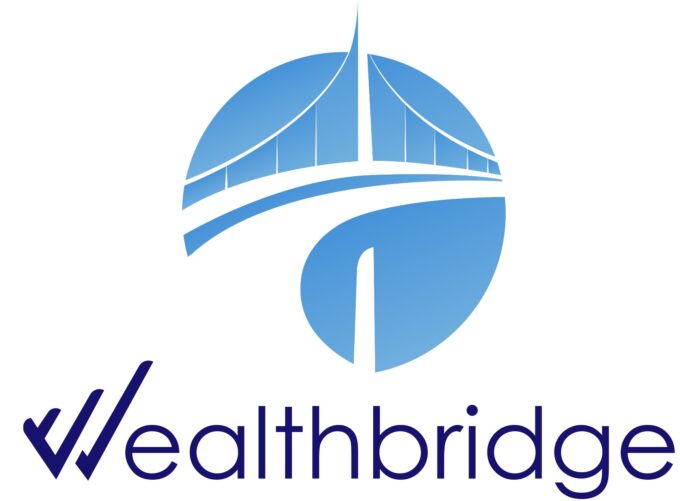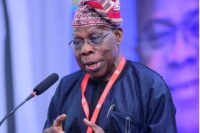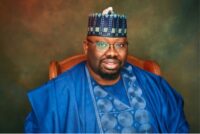By Bimbola Oyesola
The President Bola Ahmed Tinubu administration’s efforts towards job retention, decent job creation and job-led economic reforms in the last two years have been highlighted as instrumental to industrial harmony in the country.
Director-general of the Michael Imoudu National Institute for Labour Studies,(MINILS), Ilorin, Kwara State, Issa Aremu, speaking on the sidelines of the 2025 International Labour Conference (ILC) in Geneva, Switzerland, said, in line with the principle of the International Labour Organization (ILO), “labour is not a commodity” and “cost item to be cut” indiscriminately.
He reasoned that President Tinubu commendably removed “prohibitive fuel subsidy”, to free resources for public sector job retention, a departure from post-1999 reform characterised by “unacceptable public sector down-sizing and job losses.”
He noted that the National Bureau of Statistics (NBS) projected Nigeria’s total labour force at 118.72 million with 720,000 public servants working at the federal level.
While recalling that ILO emphasizes that work is fundamental to human dignity and national development, Aremu hailed President Tinubu for prioritizing retention and creation of new decent work, where Nigerians work in freedom, safety and dignity, citing the presidential approval of 774 National Health Fellows, from LGAs, to foster sustained improvements within Nigeria’s healthcare system.
Aremu stated that while many manifestations of social injustices and inequalities exist, it was commendable that, within the context of the Renewed Hope Agenda, President Tinubu had signed the new 2024 minimum wage and 2024 Nigerian Education Loan Fund (NELFUND) aimed at income equity at workplace and equitable sustainable higher education and functional skill development for students, regardless of status.
He said the challenge lies in how to improve on the new minimum wage due for review in 2027 because of the reduction from five to three years cycle by President Bola Ahmed Tinubu, adding that having six national minimum wages since 1981 singles out Nigeria to rank “high and great” in ILO’s tripartite best practices.
The MINiLS DG advised the Federal government to strengthen labour market institutions like the premier National Institute for Labour Studies, National Directorate of Employment and National Productivity Centre to complement the Renewed Hope Agenda with respect to labour education, productivity improvement and industrial harmony, adding that “low and late funding fuels underperformance”.
Aremu, a Government Delegate at the 2025 Confab also said he agreed with the statement delivered by the Minister of Labour and Employment, Dr. Muhammed Maigari Dingyadi that this year’s theme of the ILO DG’s report aligns with the mandates and aspirations of the priority areas of the “Renewed Hope Agenda” of President Bola Ahmed
Tinubu’s led administration with respect to employment, economic growth, inclusiveness, and poverty eradication.

















Leave a comment